Publications
Articles, publications, books, tools and multimedia features from the U.S. Institute of Peace provide the latest news, analysis, research findings, practitioner guides and reports, all related to the conflict zones and issues that are at the center of the Institute’s work to prevent and reduce violent conflict.
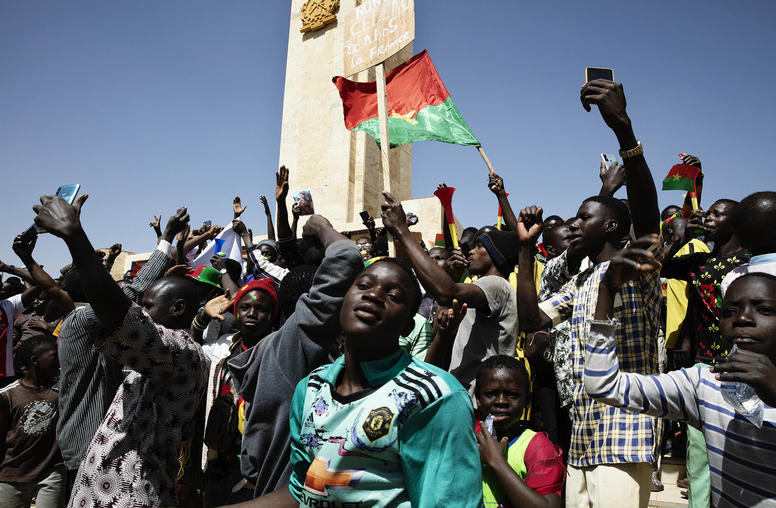
For Peace in Sahel, African and U.S. Experts Urge Focused Partnership
The past month has sharpened a decade-old question for U.S. and international policymakers: How best, in 2024, to help stabilize what is now the world’s largest single zone of military rule and violent conflicts — Africa’s Sahel region? After three military-ruled Sahel states withdrew from the West African regional community in January, those juntas last week proclaimed an alliance aimed at resisting international pressures, including those for their return to elected civilian rule. Former U.S. and African officials yesterday urged what they called vital changes in U.S. and allied policies to prevent a dangerous spread of the Sahel’s crises.
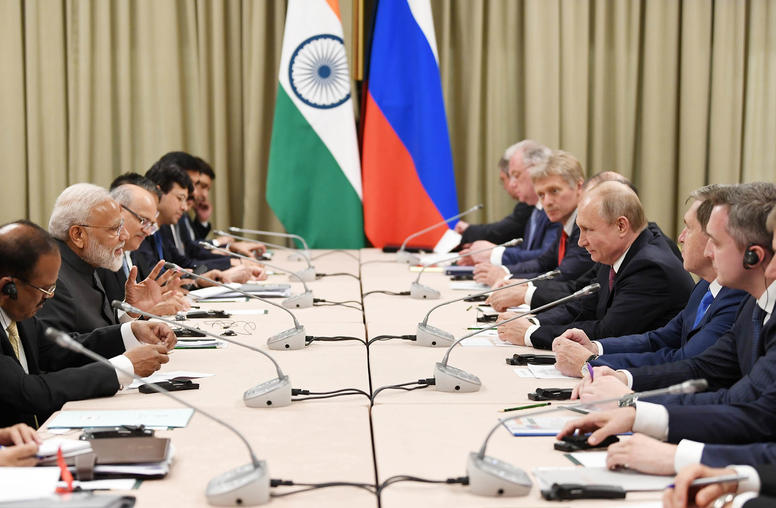
The Limitations of India and Russia’s Transactional Relationship
Since Russia’s unprovoked invasion of Ukraine in February 2022, it might seem as though ties between India and Russia have strengthened. While much of the West isolated Russia, India-Russia energy trade spiked, and India made efforts to accommodate Russia on the world stage. The two countries have also had visible public exchanges, such as a mid-January phone call between Indian Prime Minister Narendra Modi and Russian President Vladimir Putin and Indian External Affairs Minister S. Jaishankar’s trip to Moscow at the end of 2023.
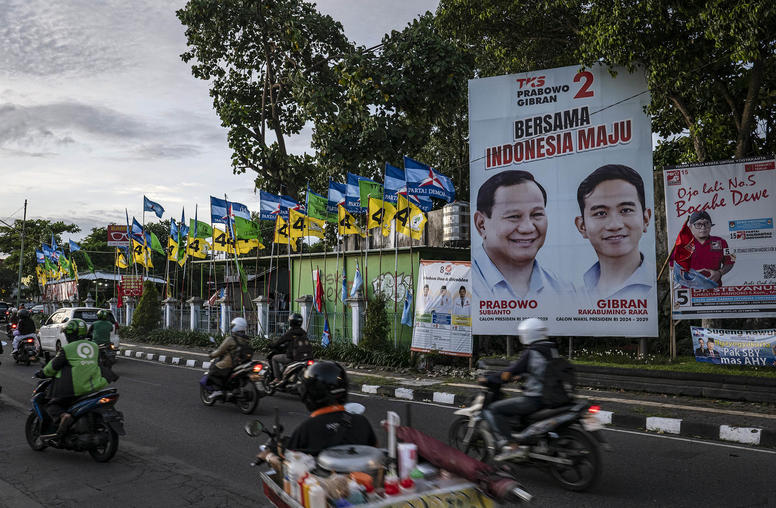
How Might Prabowo Navigate Conflict, Competition as Indonesia’s President?
Indonesia’s defense minister, Prabowo Subianto, is set to become the next president of the world’s fourth-largest country and third-largest democracy. Prabowo will take the reins of power at a tense moment for regional and global security and as president will have to contend with a persistent, low-grade conflict in West Papua. Continuity will likely hold sway as prevailing winds in Indonesia’s foreign policy chart a well-worn course for navigating geopolitical competition and global conflicts, this time with what appears to be a willing captain at the helm.

As Fragile Kashmir Cease-Fire Turns Three, Here’s How to Keep it Alive
At midnight on the night of February 24-25, 2021, India and Pakistan reinstated a cease-fire that covered their security forces operating “along the Line of Control (LOC) and all other sectors” in Kashmir, the disputed territory that has been at the center of the India-Pakistan conflict since 1947. While the third anniversary of that agreement is a notable landmark in the history of India-Pakistan cease-fires, the 2021 cease-fire is fragile and needs bolstering to be maintained.
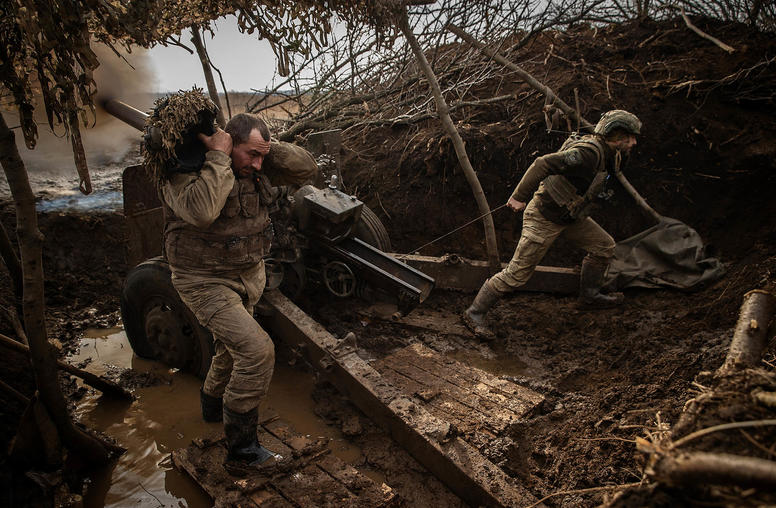
In Search of a Formula for Lasting Peace in Ukraine
As the war in Ukraine grinds to a stalemate, it is critical to begin building the peace and security frameworks that will establish a just and lasting peace for Ukraine and deter future Russian aggression. This includes building institutions that provide security guarantees for Kyiv.
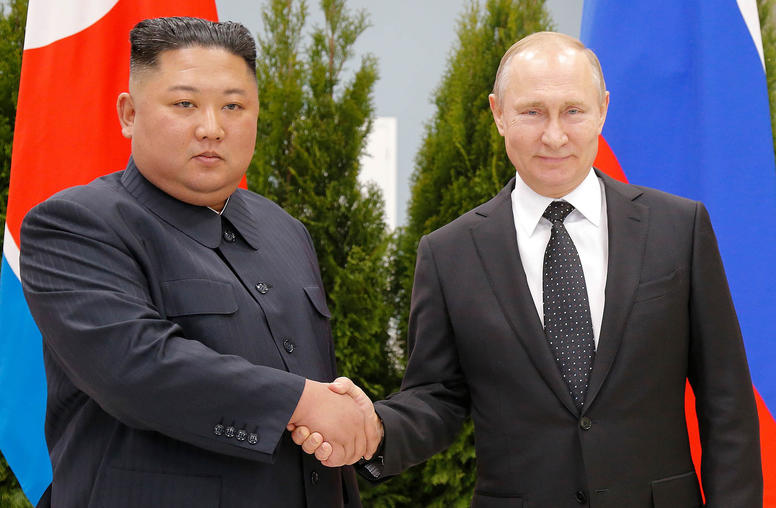
Why Calls for Regime Change in North Korea Can Be Counterproductive
Last September, North Korea’s supreme leader, Kim Jong Un, traveled through Russia’s Far East, where he met with Russian President Vladimir Putin to discuss munition sales in return for collaboration on space and other military technology. While Kim was outside of North Korea, Pyongyang test launched a ballistic missile in a move that is becoming quotidian. Although the test was one of dozens that have happened just in the past year, it was the first such test to occur while North Korea’s supreme leader was out of the country.
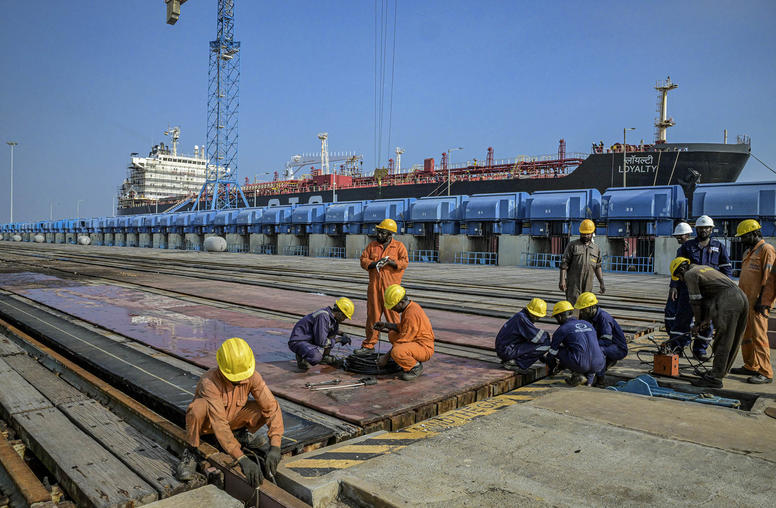
What’s the Deal with INDUS-X?
There was no shortage of splashy headlines during Indian Prime Minister’s trip to Washington last June. However, the launch of the U.S.-India Defense Accelerator Ecosystem (INDUS-X), a joint technical initiative focused on building an “innovation bridge” between the two countries, went relatively unnoticed.
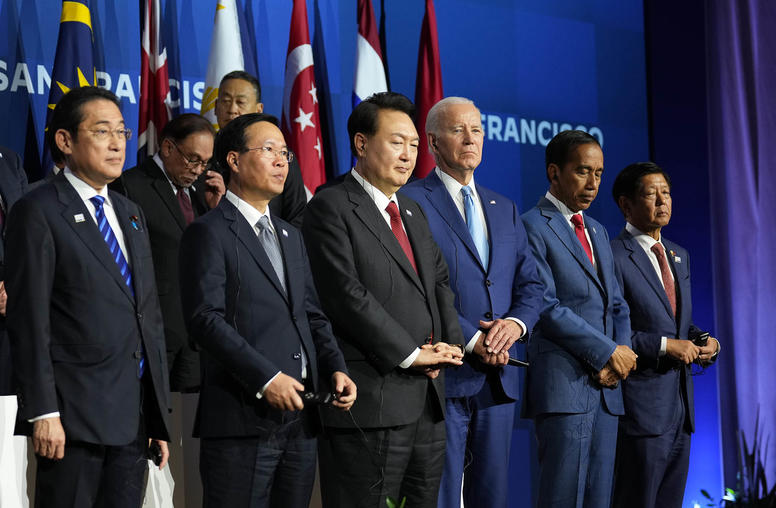
Two Years Later, What Has the Indo-Pacific Strategy Achieved?
This month marks the second anniversary of the Biden administration’s Indo-Pacific Strategy (IPS). USIP experts Carla Freeman, Mirna Galic, Daniel Markey, and Vikram Singh assess what the strategy has accomplished in the past two years, how it has navigated global shocks and its impact on partnerships in the region.
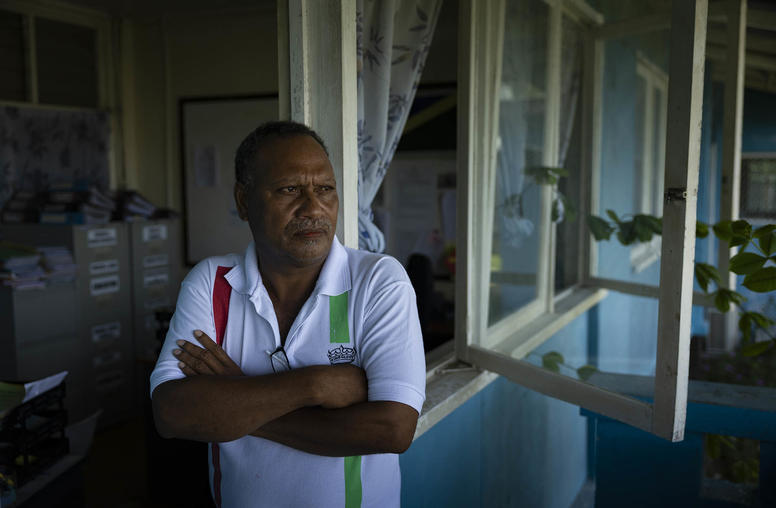
Malaita and the Provincial-National Divide in Solomon Islands
In 2019, Malaita Province in Solomon Islands made geopolitical headlines when its former premier, Daniel Suidani, came out against the country’s closer bilateral relations with China. As a result of his stance, Suidani was removed from his position in February 2023.

Understanding Pakistan’s Election Results
Days after Pakistan’s February 8 general election, the Election Commission of Pakistan released the official results confirming a major political upset. Contrary to what most political pundits and observers had predicted, independents aligned with former Prime Minister Imran Khan’s Pakistan Tehreek-e-Insaf (PTI) won the most seats at the national level, followed by former Prime Minister Nawaz Sharif’s Pakistan Muslim League-Nawaz (PML-N), the Pakistan Peoples Party (PPP) and the Muttahida Qaumi Movement (MQM). No party won an absolute majority needed to form a government on its own. The resultant uncertainty means the United States may have to contend with a government that is more focused on navigating internal politics and less so on addressing strategic challenges.